TikTok Shop Raises Seller Fees Across Europe as Platform Pushes for ‘Content-Driven Commerce’ Expansion
Reading Time: 3 minutesTikTok Shop is raising its sales commission for merchants across five active…
E-commerce is on the rise. By 2021 it is amounted to be $4.88 trillion – an astounding figure. The factors contributing to the rise of e-commerce is retail taking the online route as more and more people are preferring to purchase online in the changed shopping behavior landscape.
Small online sellers, too, are leveraging the opportunity of allowing 3P sellers to list products on the e-commerce marketplaces platform by e-commerce giants such as Amazon, eBay, Wish and Walmart. In this scenario, the sellers look towards China to for sourcing the products and Alibaba.com, Aliexpress.com and Tmall.com have emerged as the leading product sourcing marketplaces.
All of them are part of Alibaba.com and have the aggregation of a large number of suppliers. Therefore, it becomes easier for online sellers who don’t have their inventories/or, don’t manufacture their products. They can simply source the products to sell on their e-commerce store; have them drop-shipped at their end customers’ doorstep or, list the products on the popular marketplaces.
Giving more power to WooCommerce Sellers, CedCommerce enables retailers to outreach their products’ in the SEA market.
WooCommerce Shopee Integration is now live on Official WooCommerce Marketplace
However, the journey begins with finding the product they want to offer and finding the relevant supplier as it’s not at all easy for them to find relevant sellers are many fake companies squander as genuine sellers and get involved in forgery.
Therefore it becomes important to look for the minute details in the sellers which it can’t completely protect you but can eliminate the maximum possibilities of being forged.
However, before we let you know the signs, you must be aware of the certifications and customs necessary to import products to your country:
Primarily governed by WCO (World Customs Organization), it has developed a coding system (HS) Harmonized Commodity Description and Coding System. The system has universally accepted the standard of identifying the name and number for classifying traded products. Normally a 6 digit code, countries have extended it to 8 digits for import and 10 digits for customs purposes.
The HS system corresponds to:
To understand your unique requirements, do visit following websites
http://www.wcoomd.org/ie/index.html (World Customs Organization)
http://www.hscodes.com/ (Harmonized Coding System)
Note: The items imported to the US must have the name of the country of origin in English unless and exception is provided in the law
Some of the certifications which are applicable to different markets are as follows:
International Certification and Compliance → WTO (World Trade Organization) is the nodal agency for this. It has partnered with ISO (International Standard Organization), the largest standardization agency, to promote free and fair trade practices.
CE Certification → It is a self-certification used by manufacturers if they comply with all the directives. More at → http://www.conformance.co.uk/info/basics.php
ROHS (Restriction of Hazardous Substance)→ It is a directive to control the use of six material in electronics and electrical equipment. It is related to WEEE ( Waste electrical & electronics equipment directives)
UL (Underwriters Library Inc) certification → It is an independent Product Safety testing and standardization organization. It develops standards and test procedures for materials, components, assemblies, tools, equipment and procedures, chiefly dealing with product safety and utility. More at http://www.ul.com/
So whenever you’re going to source products first check if they comply with these customs and certification and if don’t, simply overlook them as it will make them idle at custom stores.
Read More from CedCommerce/Blog:-

Reading Time: 3 minutesTikTok Shop is raising its sales commission for merchants across five active…

Reading Time: 11 minutesBy now you have seen your BFCM 2025 numbers. The harder question…

Reading Time: 3 minutesAbout the Brand Name: Vanity Slabs Inc Industry: Trading Slabs- Vanity Slabs…
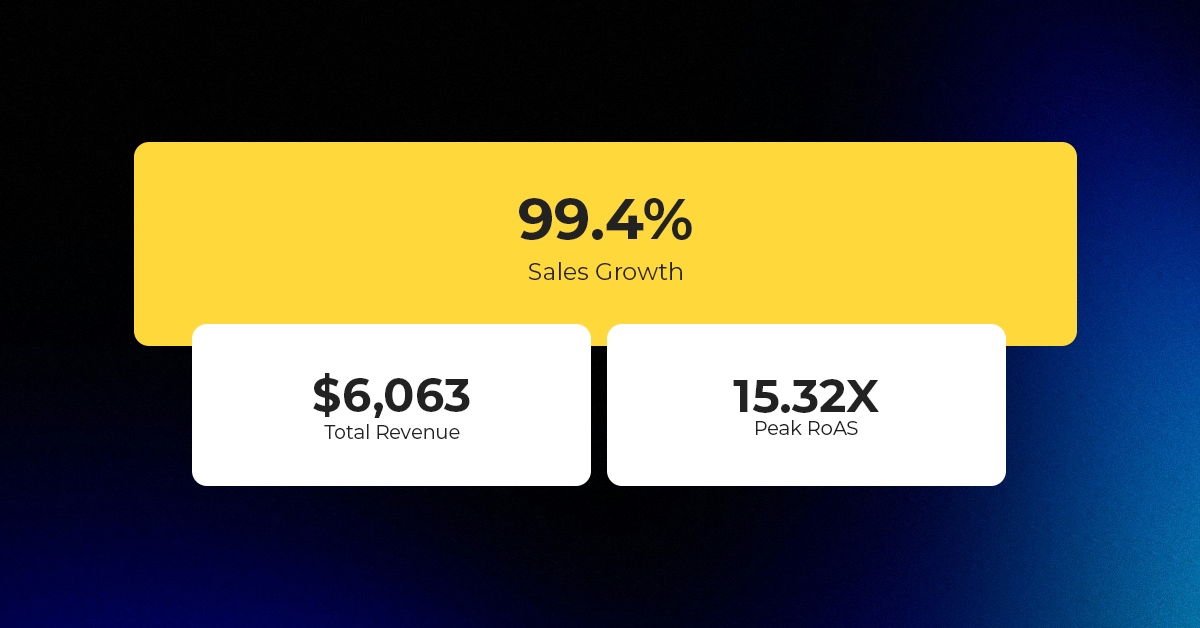
Reading Time: 2 minutesAbout the Brand Name: Ramjet.com Industry: Automotive Parts & Accessories Location: United…
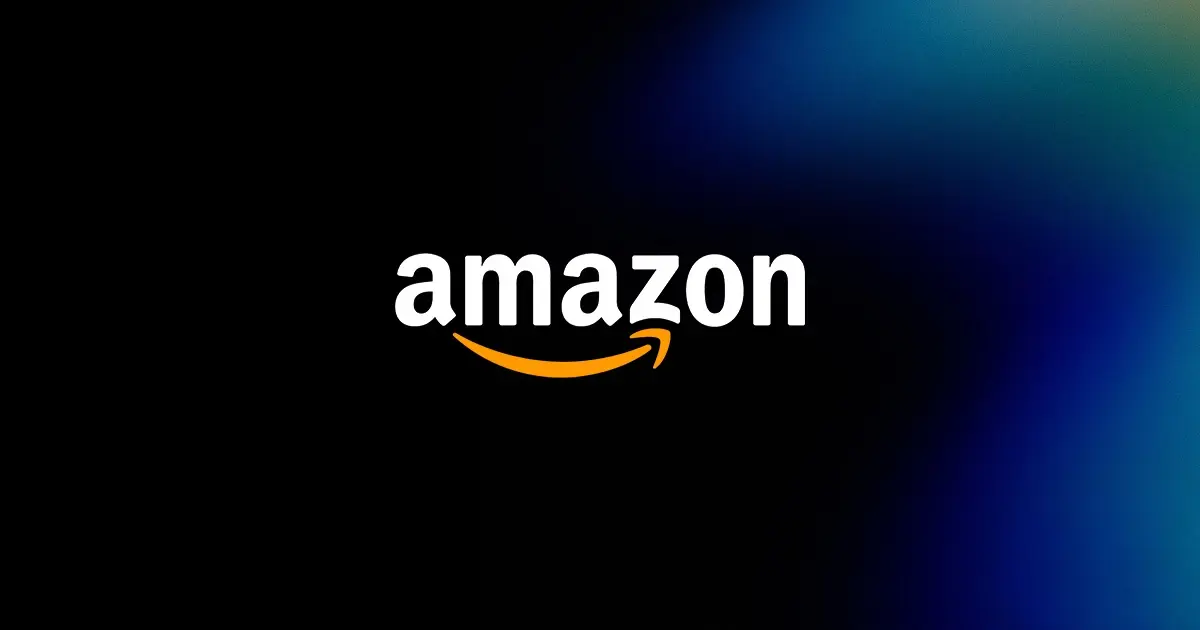
Reading Time: 2 minutesAmazon is rolling out strategic referral fee reductions across five major European…
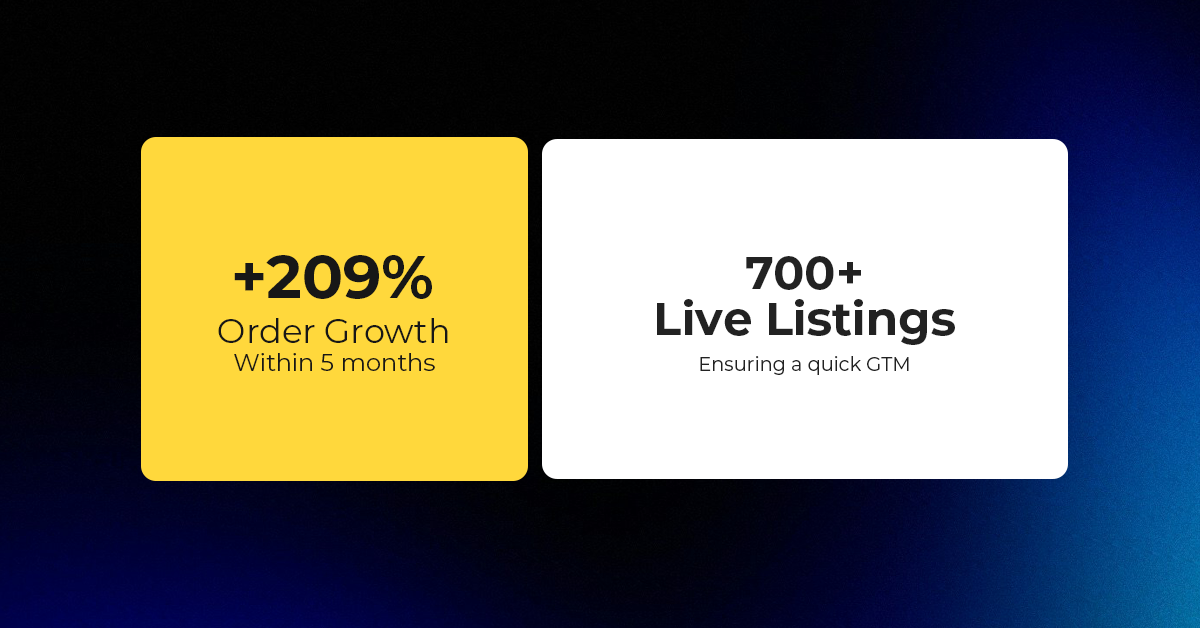
Reading Time: 4 minutesQuick Summary: Scaling Lifestyle Powersports on eBay with CedCommerce Challenge: Zero marketplace…

Reading Time: 4 minutesTikTok has surpassed 460 million users across Southeast Asia, reinforcing its position…

Reading Time: 3 minuteseBay has released its final seller news update for 2025, with a…

Reading Time: 3 minutesAmazon has clarified its stance regarding speculation around a potential breakup between…
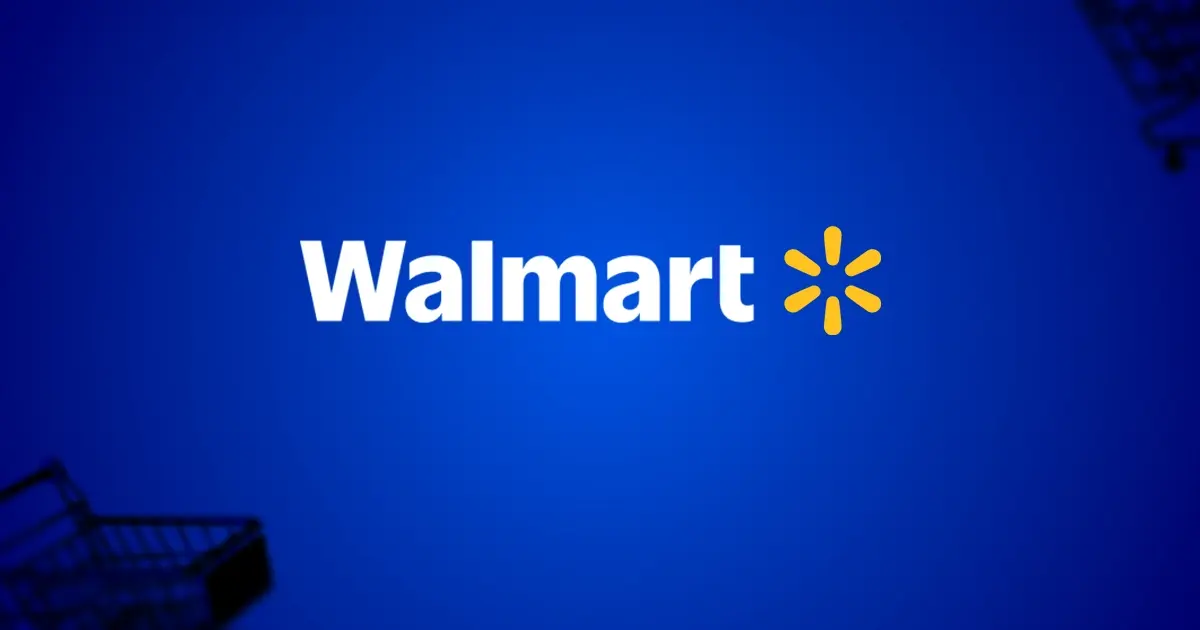
Reading Time: 4 minutesWalmart is accelerating its push into next-generation fulfillment by expanding its drone…

Reading Time: 4 minutesFaire, the fast-growing wholesale marketplace connecting independent retailers with emerging brands, has…

Reading Time: 4 minutesB2B buying in the United States is undergoing a fundamental behavioral shift…
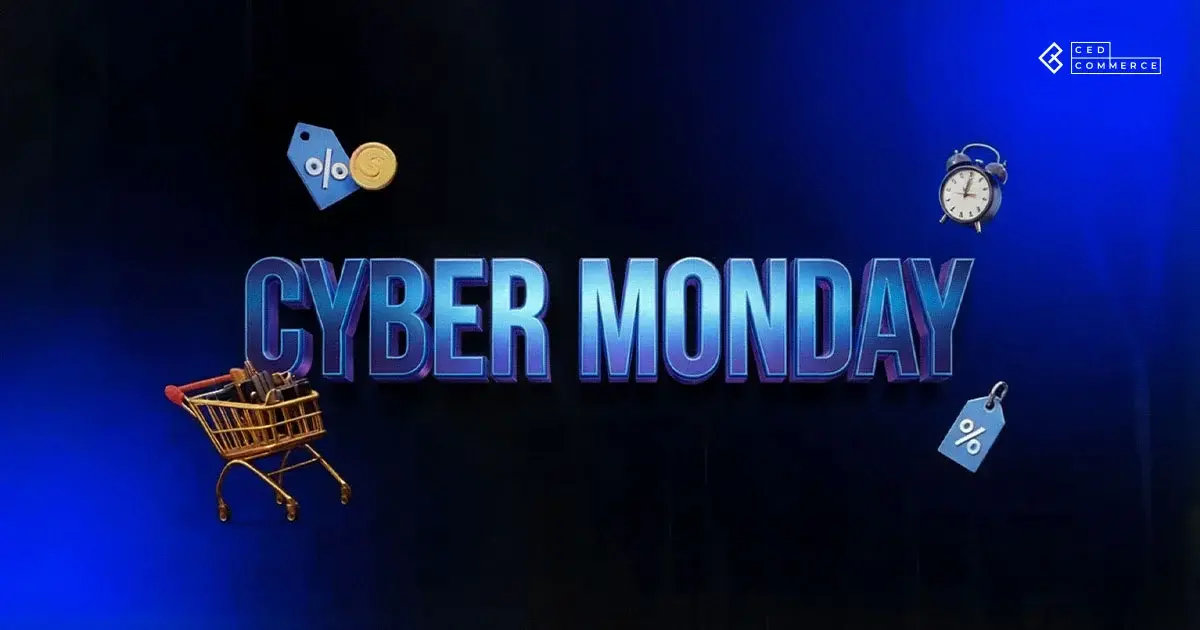
Reading Time: 3 minutesSummary Cyber Monday 2025 has officially become the largest online shopping day…

Reading Time: 2 minutesSummary Amazon kicked off December with two major developments shaping the future…

Reading Time: 2 minutesSummary Walmart has entered December with two major moves that signal a…
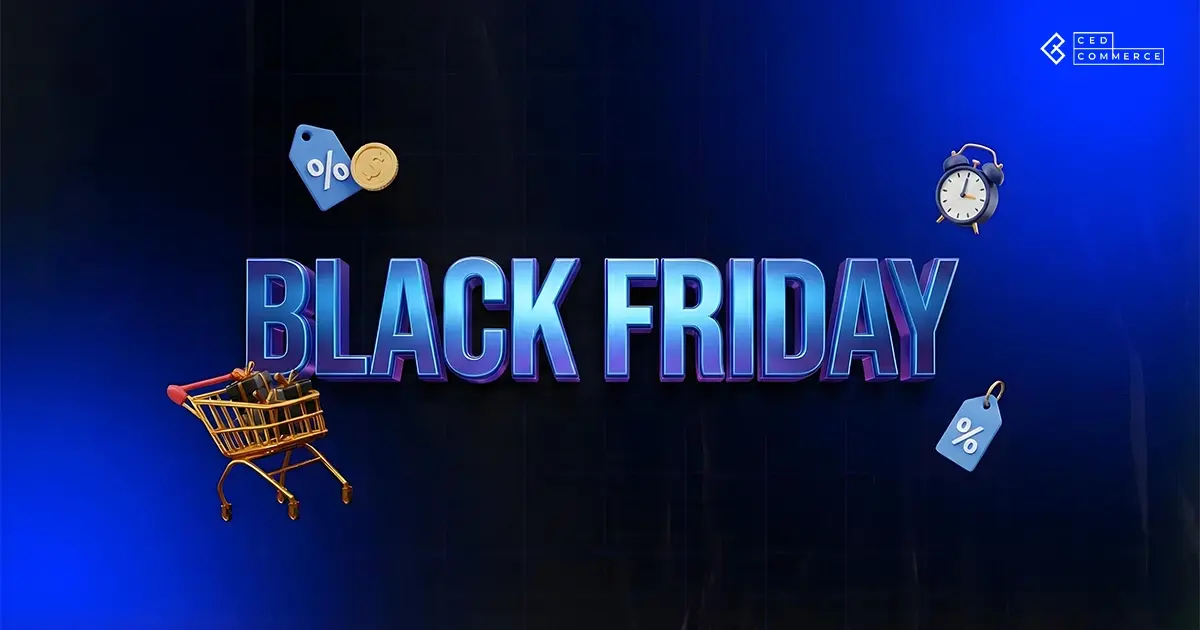
Reading Time: 2 minutesBlack Friday 2025 delivered the strongest U.S. eCommerce performance in history, as…
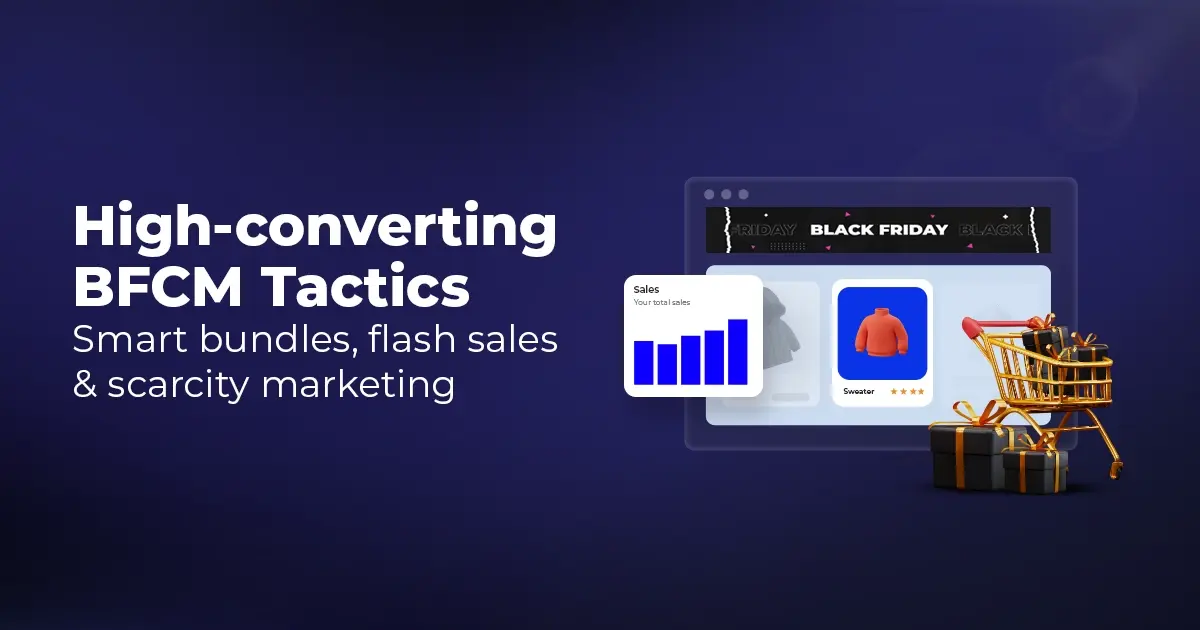
Reading Time: 13 minutesStill approaching BFCM with generic discounts, last-minute price cuts, or scattered promotions?…
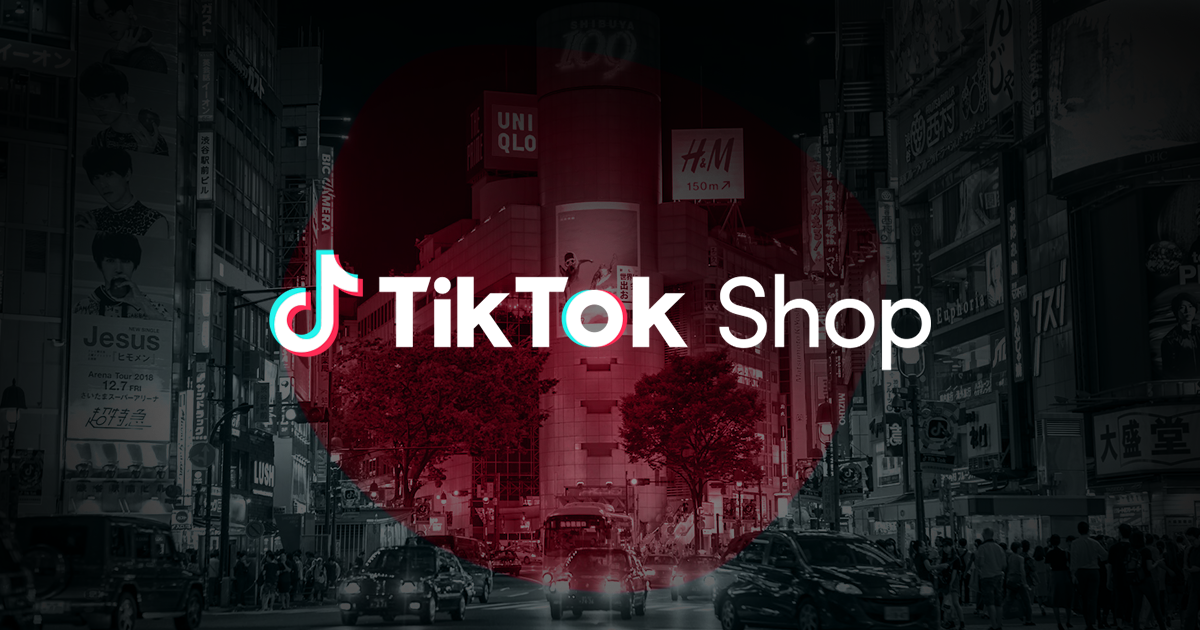
Reading Time: 3 minutesTikTok Shop reached a major milestone during its largest U.S. “Global Black…

Reading Time: 4 minutesOpenAI has announced a new AI-powered shopping research tool designed to help…
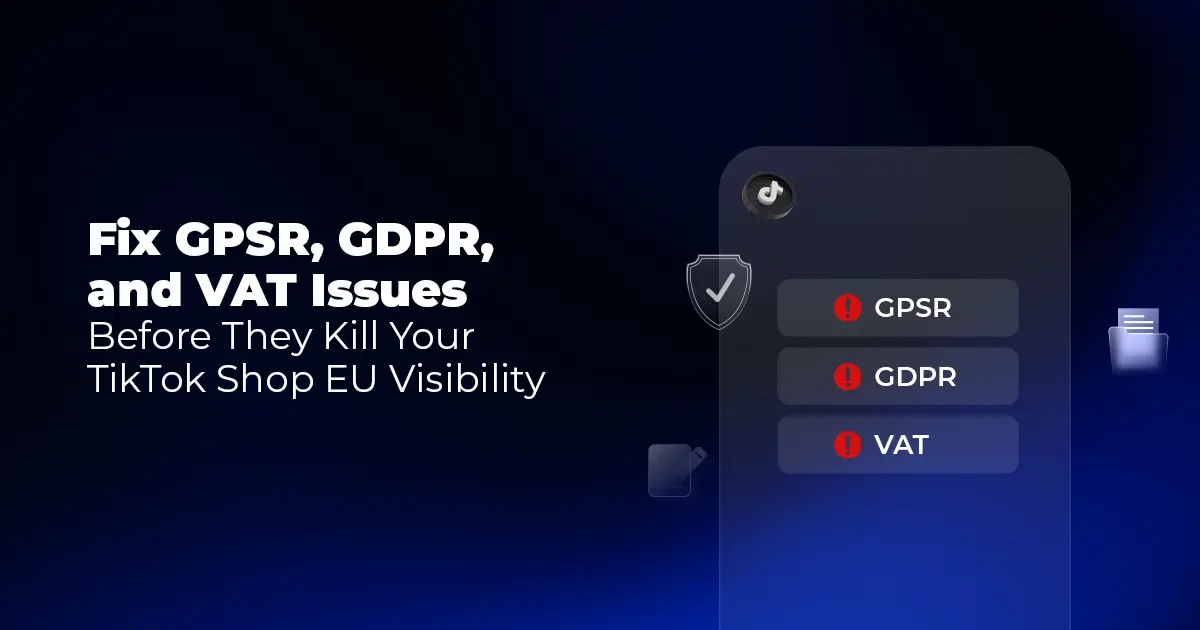
Reading Time: 9 minutesIf your TikTok Shop listings often sit in review or your visibility…